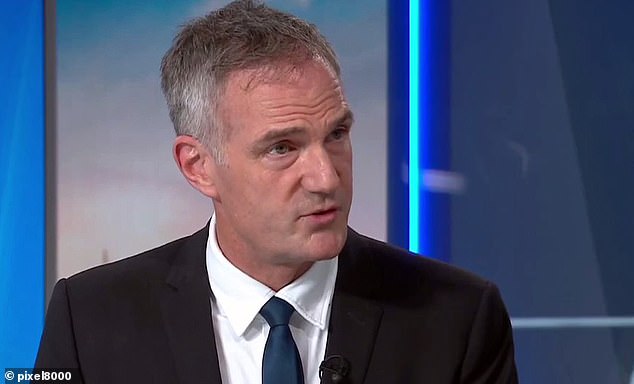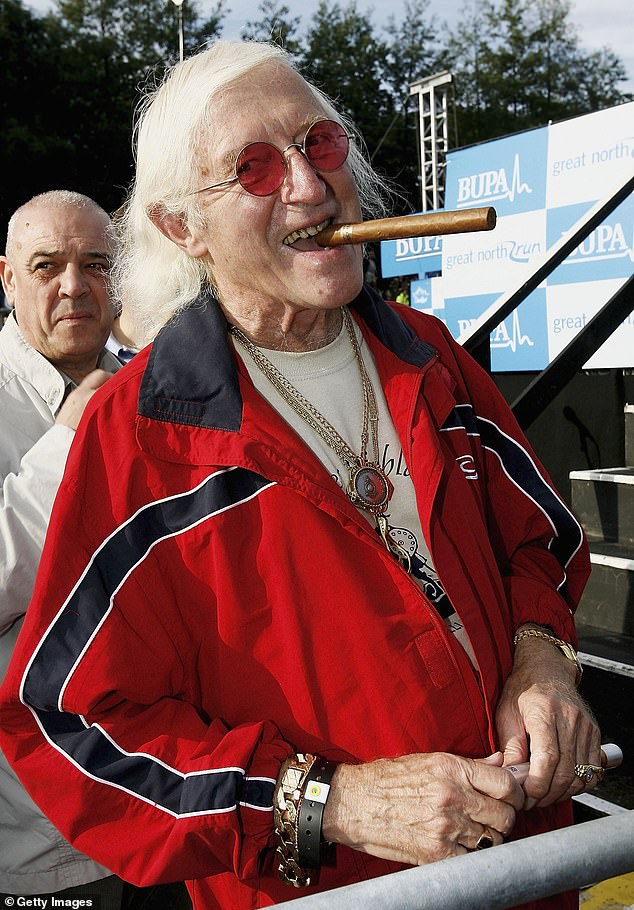The first many people knew of the Online Safety Act was when it was used to prevent users on X from viewing images from an anti-immigration protest in Yorkshire at the weekend.
After a demonstration outside the Britannia Hotel in Leeds on Friday, users claimed the website blocked footage of police detaining activists. They were instead shown the message: ‘Due to local laws, we are temporarily restricting access to this content until X estimates your age.’
These laws, which entered into force at midnight on Friday, require online platforms to protect their young customers from ‘non-trivial psychological harm’ – including pornography as well as other material that relates to self-harm, eating disorders or suicide. Thousands of sites offering adult content, as well as popular social media apps including X, Reddit and TikTok, have now introduced new age checks for UK users to comply.
But it is now clear that the word ‘harm’ is being interpreted in the widest possible way.
Were we told at the time that images of violent arrests would be censored? Did MPs point out, as the Bill was being debated, that it was precisely the kind of measure that was certain to have unintended consequences? Did ministers admit at the Dispatch Box that, yes, a future government might use it to control our social media feeds because it was unable to control our borders?
Actually, yes, one MP did, though she gets scant recognition for it today. Kemi Badenoch protested in 2022 that ‘the Bill is in no fit state to become law’. She was fighting her first (and unsuccessful) leadership election, and she was quite unequivocal: ‘If I’m elected Prime Minister I will ensure the bill doesn’t overreach. We should not be legislating for hurt feelings.’
She was attacked from all sides for her pains and called a friend to terrorism and suicide and porn and Heaven knows what else. Naturally, Labour MPs led the charge.
‘Hurt feelings?! By dropping this Bill you’re endangering children, making it easier for terrorists to plot, and enabling bad state actors to interfere with the security and governance of the UK,’ said the Welsh MP Alex Davies-Jones, in a classic example of the moralistic and bullying tone adopted by supporters of the Bill.

The entry into force of the law has seen a 1,800 per cent rise in use of virtual private networks (VPNs), which route a phone or computer’s internet traffic to another country, thereby getting around the new age verification checks

Science Secretary Peter Kyle said Nigel Farage would have been on the side of Jimmy Savile after Farage said Reform would scrap the Online Safety Act should they win the next general election

Savile is one of Britain’s most notorious paedophiles who used his power and influence to abuse hundreds of children
Or take Peter Kyle, Labour’s Science Secretary, who suggested that anyone who opposes the act – such as Reform’s Nigel Farage – is somehow allied with paedophiles like the late Jimmy Savile, ‘extreme pornographers’ and those who ‘peddle hate and violence’.
Kyle added: ‘Farage is saying that he’s on their side, not the side of children.’
Ah, yes, the children.
Let’s, for a moment, think of them. Specifically, let’s think about the adolescents at whom this law is supposedly aimed. Yes, it is a noble aim to stop this demographic accessing harmful material. But one thing that we will immediately notice about them is that, as a group, they are enormously tech savvy. Online age-verification laws may cause inconvenience to older users, but they will present no obstacle to teenagers.
The entry into force of the law has seen a 1,800 per cent rise in use of virtual private networks (VPNs), which route a phone or computer’s internet traffic to another country.
Did our MPs, as they pushed this measure through, truly imagine that it would stop kids accessing inappropriate sites? I very much doubt it. But, with Alex Davies-Jones and Peter Kyle swooning in horror, it was easier to go along with the pretence.
Precisely to anticipate the digital fluency of the younger generation, the Bill places the burden of proof on the tech companies. It is no longer enough for them to ask users to declare their age or agree to terms of service.
Online platforms are now expected to use tools like facial age estimation, ID scans or credit card or mobile phone checks. And they have every reason to take their duties seriously, since failure to comply can result in a fine of £18 million or 10 per cent of global turnover, whichever is the greater.
Again, though, does anyone seriously imagine that such measures will come between teenage boys and their porn? Just as people of my age had fake ID cards to get into pubs before their 18th birthdays, so young people today have digital equivalents, such as AI-generated driving licences.
The late Christopher Booker, an occasional contributor to the Mail, coined a phrase to describe laws like this: ‘Using a sledgehammer to miss a nut.’ The Online Safety Act is a textbook example of that phenomenon.
Will it prevent teenagers accessing sites that encourage self-harm or suicide or terrorism? Alas, no.
Will it inconvenience everyone else? Yes, in three ways. First, many platforms are contracting out the age-verification process to private companies. Who knows what these companies will then do with the data they have collected?
Second, many online firms – including, by the look of it, X – have concluded that the only way to protect themselves legally is to treat everyone as a child until they have evidence to the contrary. This is likely to become a default position across the internet. Free expression will suffer in consequence.
Third, Britain has fallen further behind in the tech race. As if our prohibitive commercial energy prices were not bad enough, we have signalled to every online company that we are uncomfortable with the freedom and experimentation that lead to innovation. Our recent divergence from the over-regulated EU is over. We are happy to be the land of the meek and the home of the safe.
There is now a belated backlash against the legislation. As I write, 396,000 people have signed a petition calling for it to be repealed. But we are, as so often as a nation, waking up too late. The time to complain was when the Bill was clanking its way through the tubes and chambers of Parliament.
Instead, MPs went along with all the false logic that accompanies these moral panics. Here is a problem. A problem requires us to be seen to act. Here is an action. Bingo!
In fact, the only laws that would have the impact claimed by supporters of these proposals would be Chinese or North Korean in their severity. Even Sir Keir Starmer has not proposed a general crackdown on internet freedom – though I don’t want to put ideas in his head.
No, the primary responsibility here, as usual, is with families. Parents need to keep an eye on what their kids are doing – and the easiest way to do that is to monitor their screen time.
Many mothers, encouraged by the brilliant New York psychologist Jonathan Haidt, are agreeing not to give their children smartphones in their early teens – a movement that requires buy-in from the entire peer-group. Most private schools and an increasing number of state schools are going the same way.
Now for a hard thing that needs saying. No system is perfect. Whatever the rules say, some kids will access vile videos. Regardless of the law, some young people will take their lives. I suspect most MPs know it. But passing this draconian law at least allows them, when such tragedies inescapably happen, to say that they personally can’t be blamed. That, alas, is how we have structured the incentives for our politicians. In our periodic fits of moral panic, we get the laws we deserve. They might make us less happy, less wealthy and less free. But at least we showed the world that we were thinking of the children.











